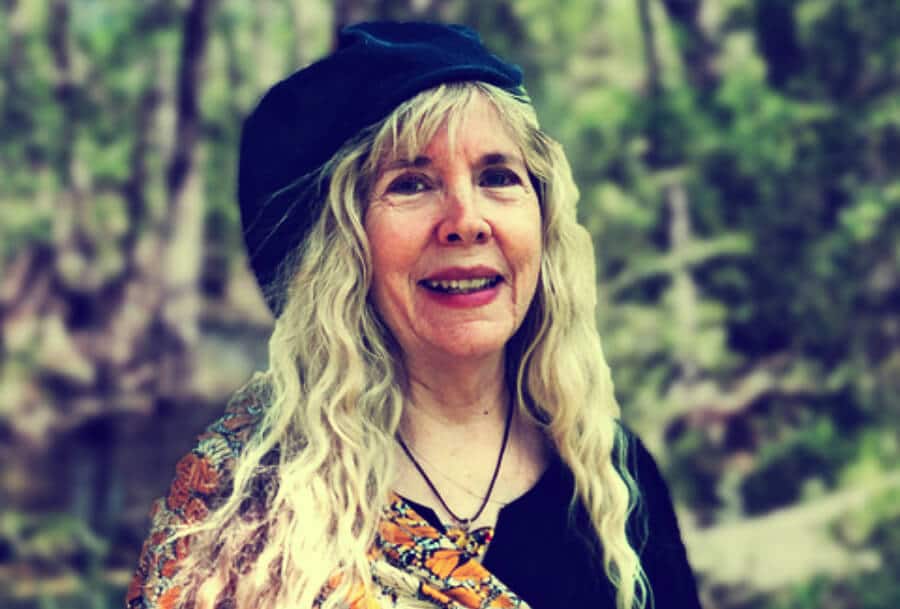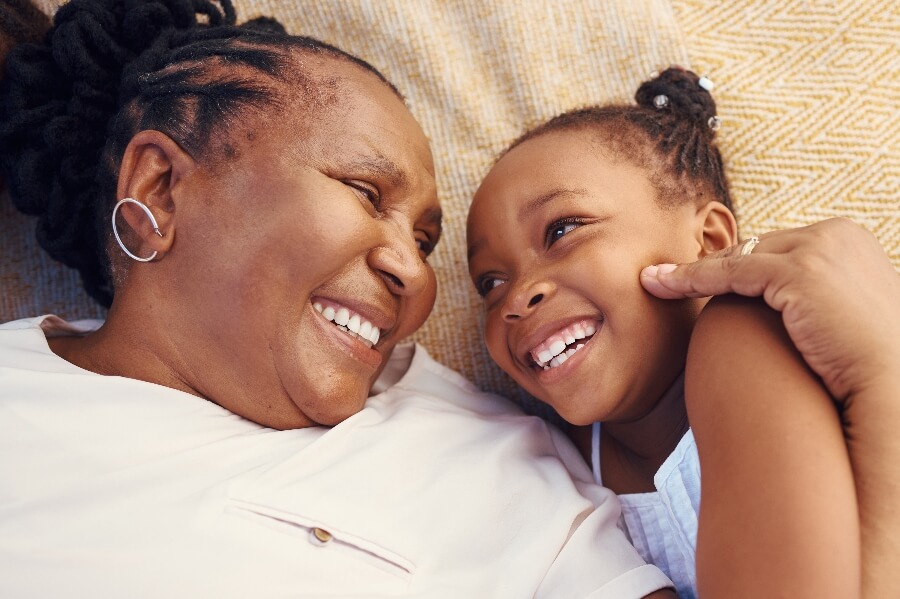Editor’s Note: NextTribe has published several poems by contributor Carol Flake Chapman, the last two were ones she wrote during the COVID quarantine. Carol has collected her poems of the past months in a book called Maybe We Will All Become Butterflies: Poems from the Pandemic Here we’re publishing her essay about finding her way back to poetry, in advance of a virtual celebration for her on Friday, June 12th. Please join us for that, as Carol will read several poems that are hopeful and immediately relevant.
***
These days, when people ask me what I “do,” I’m finally able to respond, “I’m a poet.” It still feels a little strange after spending so many decades as a journalist. So how do you become a poet after you’ve worked hard over the years to establish credibility as a journalist, focusing on facts, interviews, research, and analysis? It’s a different way of looking at the world, not with a journalist’s inherent skepticism, but with an openness to wonder, magic, and strange synchronicities. Sometimes it takes a drastic change in your life, when the ground shifts under your feet.
I was actually a poet before I was a journalist, though I should probably say a would-be poet. I wrote my dissertation in grad school on Wallace Stevens, perhaps our most cryptic of poets, and I felt quite sure I had found the key to his poetry in the evolution of female figures in his poems over the decades.
You’re invited to a virtual celebration for Carol’s book launch. She’ll be reading a few poems and talking about her inspiration. Friday, June 5th. 1 pm ET, Noon CT, 11 am MT, 10 am PT. Click here for the ZOOM link.
Under the spell of Wallace Stevens, I started writing my own poems, but looking back, I think they were pretty awful, though a couple of them got published in obscure journals. They were pretentious and ponderous. I almost groan when I think about them.
I remember doing a poetry reading at a hippie café in New Orleans called Jerusalem Gardens on the bottom edge of the French Quarter, across from the flea market at the end of Esplanade Avenue. I was wearing a full-hippie granny dress, surrounded by the smell of incense and patchouli oil and chopped vegetables.
It wasn’t long after that awful night that I decided to become a journalist and was hired as the arts editor at a radical alternate weekly called the Vieux Carre Courier. I loved it and never really looked back. But I must have clung to some kind of poetic hopes after I began writing for the Boston Globe many years and publications later.
I did a series of profiles for the Globe of famous poets in New England, including Joseph Brodsky, James Merrill, and the Chinese poet Ha Jin, who later became an award winning novelist. Ha Jin told me that you only knew you were a poet when you kept writing poems after the age of 30. I remembered that observation over the years, thinking he was right. I had stopped well before I was 30. And never thought I’d go back. With one exception.
Read More: Carol Flake Chapman’s A Prayer for the Sequestered
A Camel Named Mahna
I had gotten a prime assignment from the New Yorker to write about camel racing in the United Arab Emirates, and the key to the article would be an interview with Sheikh Mohamed bin Rashid al Maktoum, the defense minister of Dubai, who had shocked the world with his surprising victories in thoroughbred horse racing in England and the U.S.
I had learned that the sheikh’s true passion was actually for racing camels, and I assumed it would not be difficult to get an interview once I was there in Dubai. I waited for days and days, and as I watched the races at a camel track on the edge of the city, I began to despair. At the same time, I began researching the history of camels in the desert, and I learned that Arab poets honored their most beloved camels with poems called kaseedas. A lightbulb went off, and I sat down to write a poem about Sheikh Mohammed’s favorite camel, named Mahna, who was scheduled to race in the Gold Cup, the biggest race in the region.
Luck was with me, and Mahna won the race in grand style. Bracing myself, I walked to the walled enclosure where the sheikh and other dignitaries had watched the race. I told a guard that I had a poem about Mahna that I wanted to present. The astonished guard pulled out his walkie talkie and spoke to someone, presumably the sheikh, and the guard wordlessly led me across the track to the center for televising the races. Someone handed me a microphone and said, go ahead and read the poem. And so it was that I was broadcast across all of the Persian Gulf region reading my poem, which had been inspired by Walt Whitman. “Out of the desert, endlessly rocking,” I wrote, evoking the motion of camels, which had led them to be called the ships of the desert.
And yes, I got my interview.
Meeting the Dragon
But that effort would be my last for several years. It had been just a matter of luck, I thought. A means to an end. And so I did not write another poem until after the sudden death of my husband on a wild river in Guatemala, when everything changed. What opened the door for me into poetry again was grief.
As I experienced it, grief meant a shift from one side of the brain to the other, from the analytical, logical left brain to the unbounded right brain, which discerned no barriers. I essentially became porous, so open that a breeze could have blown right through me. I couldn’t put one word after another to even make a decent sentence, and I thought I’d never be able to write again. But I did keep odd notes on scraps of paper for what was happening to me, and I was actually able to write a memoir about my year of pilgrimage and mourning.
One day while sitting at the Deux Magots café in Paris, which was famous for its writers, I began writing words on a napkin that were to become my first real poem. It was about having to take up the sword and shield my warrior husband had dropped while fighting the dragon. And as I picked up the sword and shield, ready to fight the dragon on my own, I could see that the dragon’s eyes were glistening, and that all it wanted was for me to ask its name. Loneliness, it said.
When I returned home, I began writing poems as though I had never stopped. I wound up reading my poems in events and gatherings around the world, from Texas to England, France, Spain and Mexico. I even performed a poem about Mongolian horses in Mongolia and appeared at a virtual poetry reading for an audience in Hong Kong.
Thinking About Butterflies
When the coronavirus began its assault on the U.S., the journalist in me responded quickly, as I realized this was a turning point in American and world history, and that life would never be the same. I wrote my poems as though I was on deadline, sometimes a poem almost every day. I’m not sure I’ve ever felt such urgency to document an event. At times I felt it was as though I was channeling the anxiety and fears of my friends and family, even as I sat down calmly at my computer. But I also felt that this could be a time of great transformation, as we were finally forced to stop, look and listen to the natural world and to ask what we truly needed as individuals and as a culture in order to make a good life. It was as though the whole country was going on a vision quest.
As I wrote in one of my poems:
Let’s allow ourselves to be hungry
For once and not sate ourselves
And let’s see what we hunger for
Let’s see what our souls are craving
What they’ve long been starving for
Even through the turmoil following the cruel death of George Floyd in Minneapolis, I still hold out great hope, more as a poet than a journalist, that we will come through this time of great uncertainty with a willingness to change and adapt, with bravery and kindness, to a strange new world.
Read More: Meet the Author behind the “Anonymous” I Want to Age Like Sea Glass Poem





















0 Comments